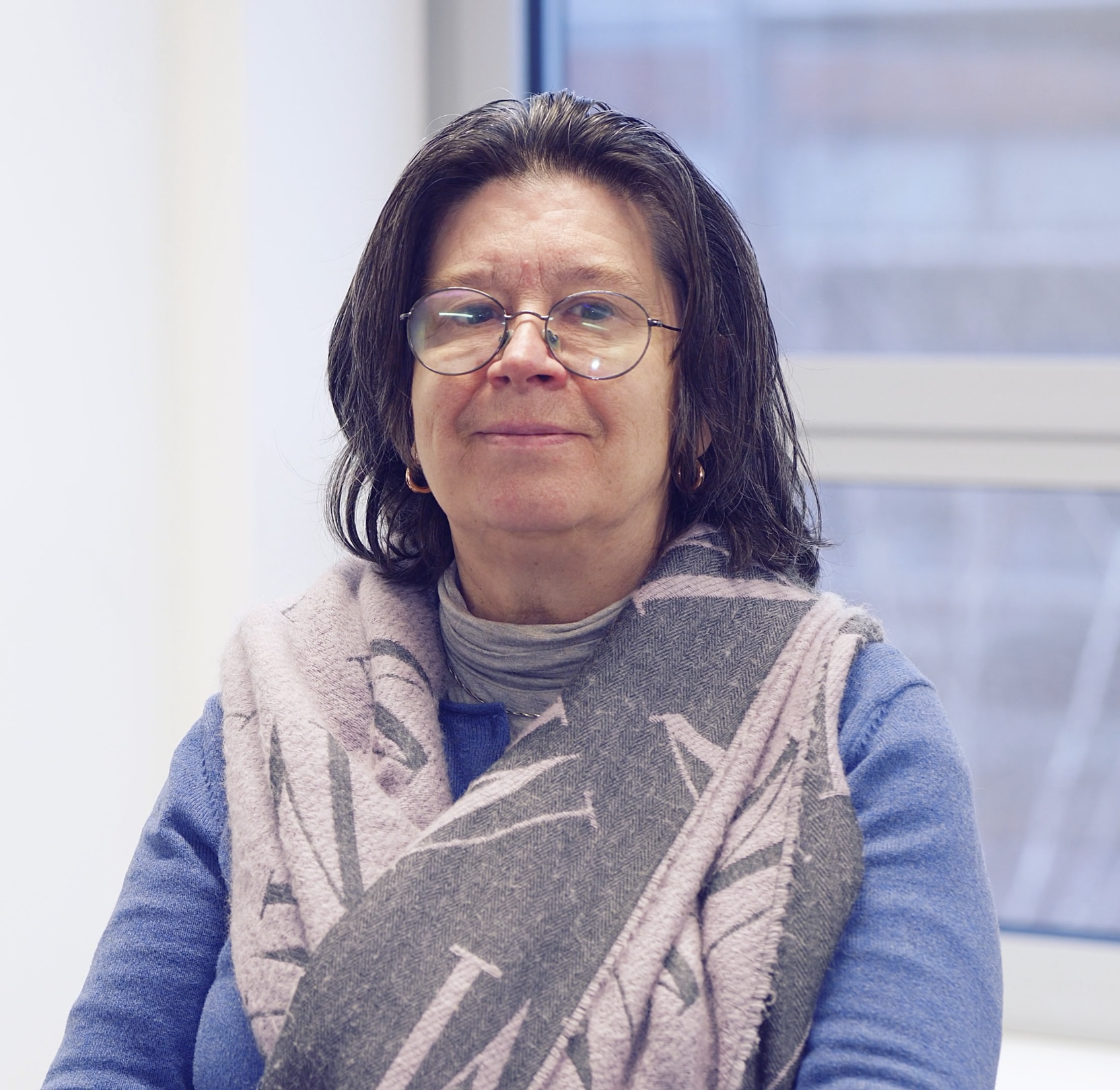Int'lFlex-Kurs "Gender Issues in Russia" mit Gastwissenschaftlerin Prof. Elena Zdravomyslova
Die Gastwissenschaftlerin Prof. Elena Zdravomyslova berichtet über ihren Aufenthalt in Potsdam und ihre Erkenntnisse aus dem Int'lFlex-Kurs, initiiert vom Fachbereich Sozial- und Bildungswissenschaften.
Video-Interview mit Prof. Elena Zdravomyslova
Im Interview erzählt Prof. Elena Zdravomyslova von sich und ihrem beruflichen Werdegang. Sie schildert den Prozess und die Eindrücke des Ankommens in Potsdam. Welche Unterschiede zu ihrer Heimatinstitution konnte sie feststellen? Wie empfand sie die Lehre und Zusammenarbeit an der Fachhochschule Potsdam? Was waren Lerneffekte und Reaktionen der Studierenden auf die internationalen Einblicke, die der Kurs bot? Der Int'lFlex-Kurs wurde durch das Drittmittelprojekt "FL2@Int'lFlex - Forschungsbasiertes Lehren und Lernen im internationalen Kontext Projekt" gefördert, um die Internationalisierung der Fachhochschule Potsdam durch Kooperationen mit internationalen Partnern zu unterstützen.
Resümee von Prof. Elena Zdravomyslova
Collaborating is always appealing because it expands your horizon. It’s always new skills, new institutions,new people. I enjoy being among my colleagues who travel and work abroad, not only in their own country. But it‘s also a challenge. For example, it’s much easier to teach in your native language.Englisch is not my native language, and I don’t know German either.
My current research project is community care and elderly care. That’s why a lot of issues being taught here and covered by research are of interest to me. I‘m looking forward to expanding these contacts.I think it would be good to collaborate in the future, especially on issues of community care of the elderly.
I co-teach the class and it‘s okay because I have known Dr. Marit Cremer for several years. She is a great help, especially in improving my skills in online teaching. But she is also very inventive in the interactiveaspects of teaching. I’m more used to the old-fashioned lecture style, and she knows better how to com-bine different teaching styles in one class. I had to adapt to the style of modern teaching which includes multimedia, interaction, feedback, etc.
I also had to adapt to the BA level, which was a challenge for me because I‘m trained for a very different type of teaching. But it was the most important, because these are very young people. They don’t know what they‘re going to do for profession. So the task is to expand their cultural horizon and help them reinvent themselves in the future.
The worst thing is hybrid teaching. Because I‘m very bad at using devices and don’t always have the helpI need. I have to do several things at once, not only teach and communicate in a foreign language. It takes other skills. For me, it’s not good because my good sides have always been face-to-face commutation. I could personalize the questions in an engaging way and share stories. It is easier to feel the room when you have somebody in the room.
I have felt very safe here and overcame all of the difficulties with bureaucracy with the help of people. I was impressed by several monuments. I like these kinds of monuments for strange things that I don’t find in my country and that try to memorize and recognize many important things in our lives. I also enjoyed the parks. Especially in November, because I come from the north of Russia, where autumn is over in October. I know Berlin and big cities, I come from Sankt Petersburg, but for me Potsdam is really »sans souci«.
My message to students: Don’t me afraid of covid, enjoy distant learning and travel as much as possible!
